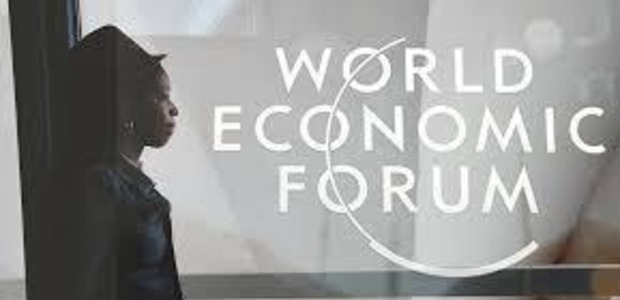advertisement
#WEF2016: Africa’s Top Women Innovators take the stage in Kigali, Rwanda
Five women hailing from Kenya, Rwanda, South Africa, Tanzania and Uganda have been announced as Africa Top Women Innovators under…

Five women hailing from Kenya, Rwanda, South Africa, Tanzania and Uganda have been announced as Africa Top Women Innovators under the Africa Top Women Innovators Challenge 2016, by the World Economic Forum.
The challenge seeks to especially help women entrepreneurs whose potential is far from being optimized scale up through growing their innovations and helping this innovations achieve recognition beyond the region’s borders, through creation of an enabling environment that allows entrepreneurs to flourish.
The five Natalie Bitature, Musana Carts, Kampala, Uganda, Audrey Cheng, Moringa School, Nairobi, Kenya, Lilian Makoi Rabi, bimaAFYA, Tanzania,Nneile Nkholise, iMED Tech Group, Bloemfontein, South Africa and Larissa Uwase, CARL GROUP, Kigali, Rwanda have been invited to the World Economic Forum on Africa in Kigali, Rwanda, where they will meet other social entrepreneurs and impact investors, and take part in conversations relevant to their expertise and interests.
advertisement
“I strongly believe that the 21st century will be Africa’s century, that its young population has the potential to build a world where they are not only materially better off, but also where things are fairer, more sustainable and more tolerant than at any other time in history. But this will not be achieved unless women are able to make a full contribution. This is why we are showcasing Africa’s best female entrepreneurs in Kigali this week,” said Elsie Kanza, Head of Africa at the World Economic Forum.
For Natalie Bitature, Kampala, Uganda, whose innovation was called Musana Carts has used frugal innovation to develop environmentally friendly, solar-powered vending carts. With a price point of $400, each Musana Cart saves 3,000 tons of carbon emissions and improves the health of cities by eliminating pollution from charcoal and kerosene stoves.
Audrey Cheng of Moringa School, Nairobi, Kenya, on the other hand established Moringa School to enable a whole generation to gain the skills they need to compete in the digital economy. Two years on, 100% of students have been placed in work, earning on average 350% more than before they completed the coursework.
advertisement
Lilian Makoi Rabi, bimaAFYA, Tanzania developed bimaAFYA, which offers mobile micro-health insurance for the low income and informal sector, enabling healthcare services by drastically reducing costs with its completely mobile, paperless solution. bimaAFYA plans to expand to Kenya, Uganda, Rwanda, Nigeria and Ghana in 2017, while Nneile Nkholise of iMED Tech Group, Bloemfontein, South Africa uses additive manufacturing to design breast and facial prostheses for cancer and burn victims. The company only employs African women under the age of 30 with research backgrounds in mechanical engineering.
Larissa Uwase, CARL GROUP, Kigali, Rwanda is improving the health of the nation by innovating new food products from a staple crop, the sweet potato. An agronomist by training, Larissa Uwase’s latest innovation, in partnership with the University of Rwanda, is to make spaghetti from the vegetable.
The criteria for the challenge required entrants’ companies to be less than three years old, be earning revenue for at least a year and have proven innovation and positive social impact. A shortlist of winners was selected from a panel comprising experts from across Forum stakeholder groups.
advertisement
More than 1,200 participants from over 70 countries are taking part in the World Economic Forum on Africa in Kigali, Rwanda, from 11 to 13 May 2016. The theme of the meeting is “Connecting Africa’s Resources through Digital Transformation”.